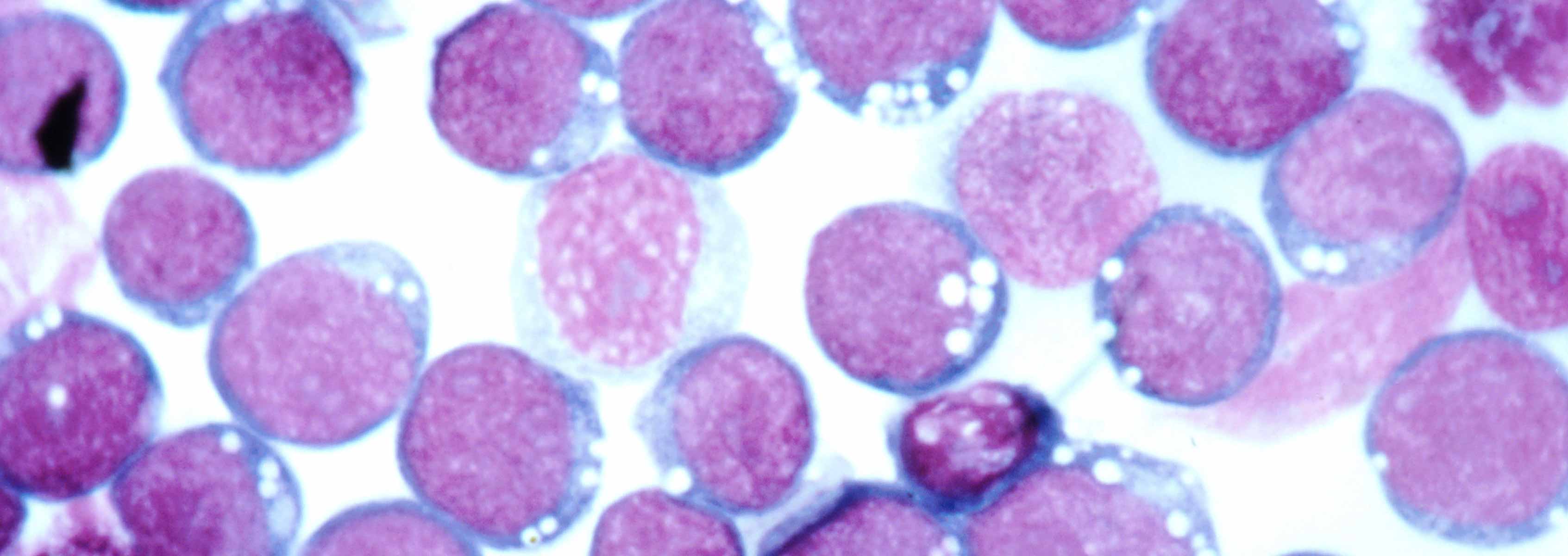Synthetic Genomics to Generate a Stable Epstein-Barr Virus Infectious Clone

Herpesviruses are large DNA viruses whose genomes have the coding potential of in excess of 100 gene products. Historically, genetic manipulation of these large genomes was feasible for only a subset of these viruses. Subsequently, many of the herpesvirus genomes were cloned into BAC plasmids, which significantly advanced the technologies of genome engineering in an E. coli host and the successful reconstitution of infectious virus in the appropriate host cell. We propose to use synthetic biology to first build a wild-type clone of the Epstein-Barr Virus (EBV) genome and then reconstitute the infectious virus. Herpes simplex virus type 1 (HSV-1) will be used as a model to first test and optimize the assembly method. The successful outcome of this synthetic biology approach will have a transformational impact on the ability to synthetically clone and manipulate any herpesvirus genome. In addition, this approach offers a paradigm to help understand the molecular genetics and biology of emerging pathogens.
Funding
Funding for this project provided by US National Institutes of Health NIH R21AI109338.